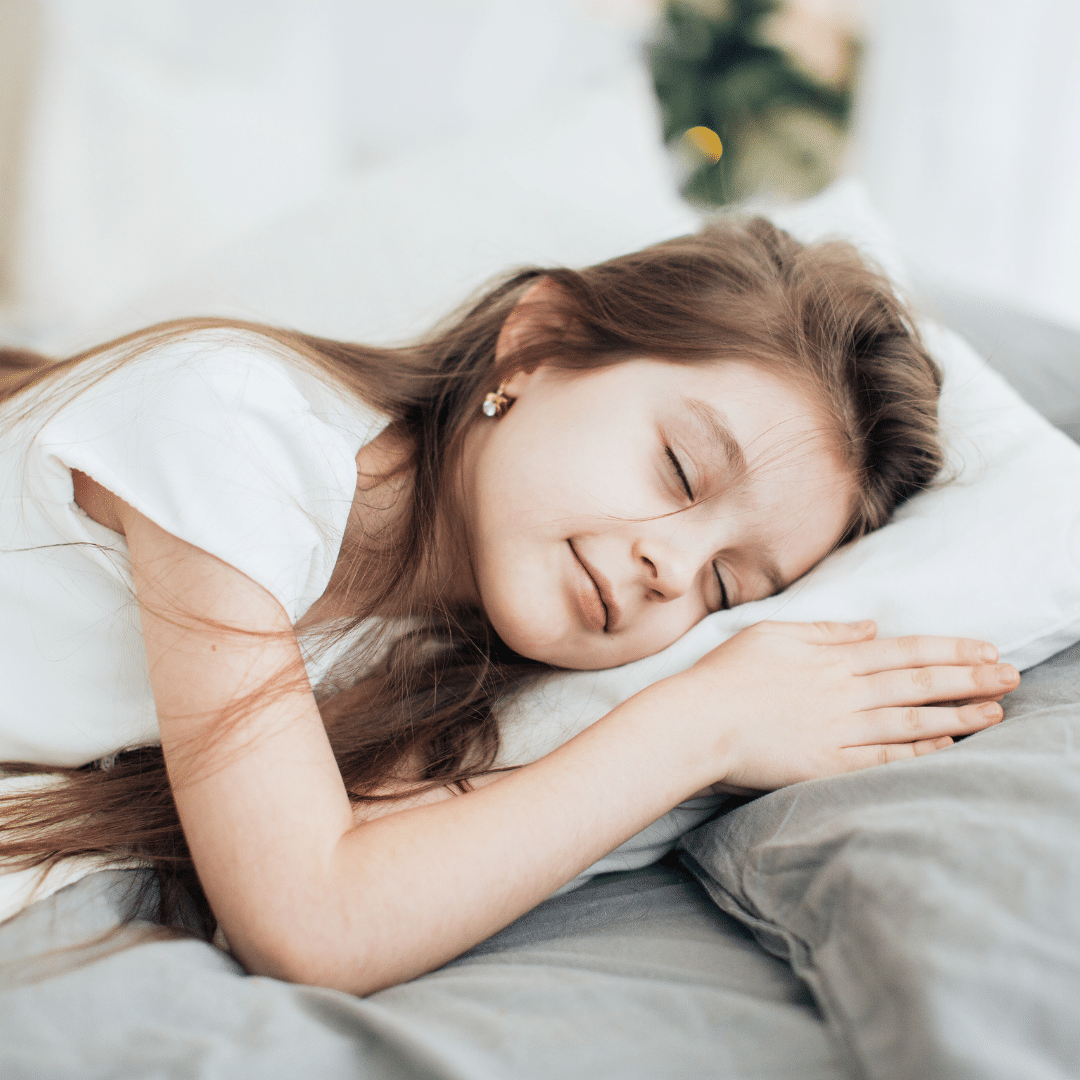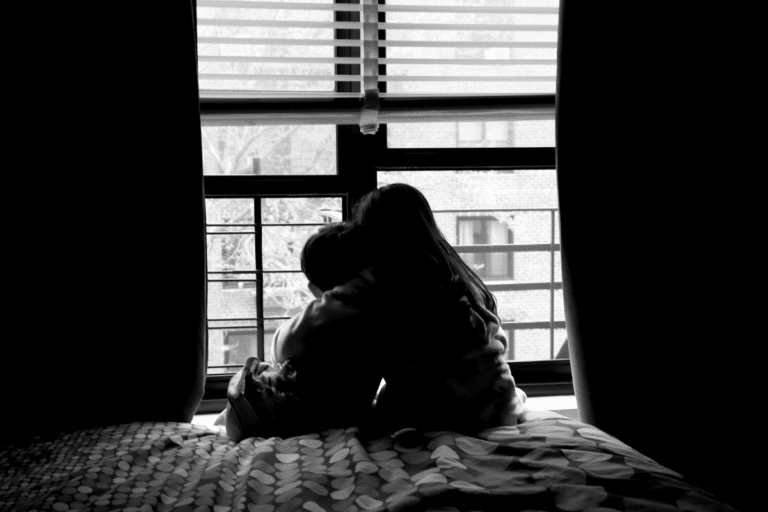Why Is Sleep Important for Teens’ Mental Health?
Meredith Rappaport, PA-C, CAQ-Psy, LCSW

Sleep plays a critical role in every stage of life, but it is especially important during adolescence—a period of rapid growth, both physically and mentally. As teens juggle academic responsibilities, social pressures, and a world increasingly dominated by digital distractions, their sleep patterns can be seriously disrupted. And when sleep is compromised, so is mental health. Sleep deprivation in adolescents is strongly linked to mood disorders like depression and anxiety, creating a vicious cycle where poor sleep worsens mental health, which in turn disrupts sleep even further.
Sleep Deprivation and Mental Health
Teenagers require around 8 to 10 hours of sleep per night for optimal health, but most only manage about 6.5 to 7.5 hours. This sleep deficit can have serious consequences on mental well-being. Studies have shown that teens who get less than eight hours of sleep are three times more likely to develop depression compared to their well-rested peers. Sleep deprivation is also linked to increased anxiety symptoms, making it harder for teens to manage daily stressors.
Sleep is essential for the brain’s ability to regulate emotions and cope with stress. The adolescent brain, particularly the prefrontal cortex, which is responsible for decision-making and emotional control, is still developing. Poor sleep interferes with these processes, leading to mood instability, irritability, and difficulty managing stress.

Academic Pressures and Digital Distractions
One of the main contributors of sleep deprivation among teenagers is academic pressure. Many high school students face rigorous schedules with early school start times, long hours of homework, and additional time dedicated to extracurricular activities. As a result, sleep often takes a backseat to schoolwork, especially when teens are up late cramming for exams or working on assignments. Studies show that students who experience more academic stress are more likely to suffer from poor sleep quality, increasing their risk of developing depression and anxiety.
In addition, digital distractions have become a significant factor in disrupting sleep. Whether it’s social media, video games, or binge-watching TV shows, excessive screen time—especially before bed—delays sleep onset and reduces sleep quality. This is because screens emit blue light, which suppresses melatonin production, making it harder to fall asleep.
Practical Sleep Interventions
So, how can we help adolescents achieve better sleep and, in turn, support their mental health? The answer lies in sleep hygiene, a set of habits designed to promote healthy sleep patterns. Here are some practical interventions to consider:

Maintain a Consistent Sleep Schedule: Encourage teens to go to bed and wake up at the same time every day, even on weekends. A regular sleep routine helps regulate their internal clock, making it easier to fall asleep and wake up refreshed.
Limit Screen Time Before Bed: Reducing screen time an hour before bed can significantly improve sleep quality. Consider implementing a “tech curfew” to power down devices at least 60 minutes before bedtime.
Promote Relaxation Techniques: Teaching teens relaxation strategies, such as deep breathing or mindfulness, can help reduce anxiety and prepare their minds for sleep. These techniques can ease pre-sleep stress and promote a sense of calm.
Create a Sleep-Friendly Environment: Ensure the bedroom is quiet, dark, and cool, which helps improve sleep quality. Using blackout curtains, white noise machines, or eye masks can make the space more conducive to rest.
Monitor Caffeine Intake: Encourage teens to avoid caffeinated beverages, especially in the afternoon and evening. Caffeine can interfere with sleep onset, so limiting intake can make a big difference in sleep quality.
Final Thoughts
Sleep plays an essential role in adolescent mental health, and the consequences of poor sleep are too significant to ignore. Sleep deprivation, academic pressures, and digital distractions contribute to an increased risk of depression and anxiety in teens. By promoting healthy sleep habits—such as maintaining a consistent sleep schedule, reducing screen time, and encouraging relaxation techniques—parents and caregivers can help protect teens’ mental health.
Responsibly edited by AI
Other Blog Posts in
Animo Sano Psychiatry is open for patients in North Carolina, Georgia and Tennessee. If you’d like to schedule an appointment, please contact us.
Get Access to Behavioral Health Care
Let’s take your first step towards. Press the button to get started. We’ll be back to you as soon as possible.ecovery, together.




